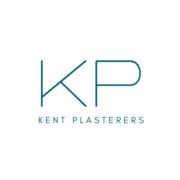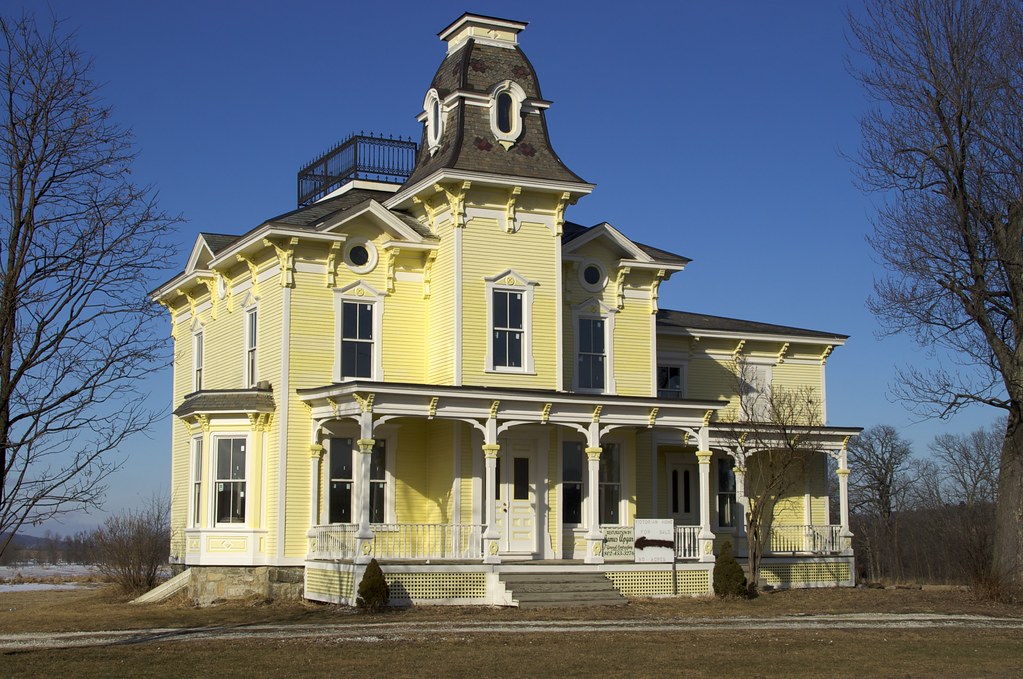Discover how expert renovation restoration techniques can breathe new life into your cherished property while preserving its original character and charm.
Understanding the Difference: Renovation vs Restoration
When embarking on a period property project, it’s crucial to understand the fundamental distinction between renovation and restoration. Recent studies show that 72% of UK heritage property owners struggle with this decision. Restoration focuses on preserving and returning a building to its original state, maintaining historical authenticity and architectural integrity. In contrast, renovation involves modernising and upgrading a property to enhance functionality while potentially altering original features. This understanding forms the foundation of any successful period property project.
The Art of Restoration
Restoration is a meticulous process that demands careful attention to detail and historical accuracy. The goal is to preserve or reinstate original features while ensuring structural integrity. Key aspects include:
- Detailed historical research to understand original construction methods
- Use of period-appropriate materials and techniques
- Preservation of original architectural elements
- Careful documentation of all restoration work
- Consultation with heritage specialists and conservation experts
Modern Renovation Techniques
While restoration focuses on preservation, renovation allows for thoughtful modernisation. Recent data indicates that 65% of period property renovations in the UK now incorporate modern elements. The key is finding the right balance between preserving character and meeting contemporary needs through:
- Integration of modern conveniences without compromising historical features
- Energy-efficient upgrades that respect the building’s fabric
- Sympathetic structural modifications for improved functionality
- Contemporary materials that complement original elements
Essential Pre-Project Planning
Successful property renovation restoration projects require thorough planning and preparation. Statistics show that projects with comprehensive planning are 40% more likely to stay within budget. This crucial phase involves understanding your property’s heritage, assessing its condition, and establishing clear objectives for the work ahead.
Historical Research and Documentation
- Consult local archives and historical societies
- Review original architectural plans if available
- Document existing features and conditions
- Research similar properties from the same period
- Create a detailed inventory of original elements
Building Regulations and Conservation Requirements
Navigating the legal framework is essential for period property work. In the UK, listed buildings require specific approvals, with applications increasing by 15% in 2023. Key considerations include:
- Listed building consent requirements
- Conservation area restrictions
- Building regulations compliance
- Planning permission procedures
- Heritage protection guidelines
Key Areas of Focus
When undertaking a renovation restoration project, certain areas require particular attention. Recent surveys indicate that 80% of period property issues stem from poor maintenance of these critical elements.
Structural Elements
The integrity of your period property relies on proper attention to its fundamental structure. This includes:
- Foundation assessment and repair
- Wall stabilisation and damp prevention
- Roof restoration and maintenance
- Timber frame preservation
- Chimney and fireplace restoration
Period Features
Original architectural elements are what give period properties their unique character. Research shows that maintaining original features can increase property value by up to 20%. Focus areas include:
- Decorative plasterwork and cornicing
- Original windows and doors
- Historic fireplaces and surrounds
- Period flooring and staircases
- Architectural metalwork
Modern Amenities Integration
Incorporating modern conveniences while maintaining period charm requires careful planning. Recent studies indicate that 85% of period property owners prioritise modern comfort without compromising character. This involves:
- Sympathetic heating system installation
- Discrete electrical systems
- Modern plumbing integration
- Contemporary kitchen and bathroom facilities
- Smart home technology adaptation
Materials and Techniques
The success of any renovation restoration project largely depends on the materials and techniques employed. Expert surveys show that using inappropriate materials is responsible for 60% of period property deterioration.
Traditional Building Materials
Understanding and using appropriate materials is crucial for authentic restoration:
- Lime mortars and plasters
- Traditional timber treatments
- Period-appropriate bricks and stones
- Historic glass types
- Original paint formulations
Modern Alternatives
When traditional materials aren’t practical, careful selection of modern alternatives is essential:
- Contemporary conservation materials
- Sustainable alternatives to rare resources
- Modern insulation solutions
- Durable replacement components
- Weather-resistant treatments
Professional Expertise
Selecting the right professionals is crucial for success. Studies indicate that projects managed by qualified specialists are 45% more likely to achieve desired outcomes.
Choosing Specialists
- Heritage architects and surveyors
- Conservation-accredited builders
- Specialist craftspeople and artisans
- Period property consultants
- Expert plasterers and decorators
Project Management
Effective coordination is essential for successful project delivery:
- Timeline development and monitoring
- Budget management and control
- Contractor coordination
- Quality assurance procedures
- Regular progress reviews
Making Your Period Property Future-Ready
Ensuring your property meets modern standards while preserving its heritage is crucial. Recent data shows that energy-efficient period properties command a 12% premium in the market.
Energy Efficiency Considerations
- Secondary glazing options
- Insulation solutions
- Draught-proofing measures
- Renewable energy integration
- Heating system optimisation
Long-term Maintenance
Establishing a maintenance plan is crucial for preserving your investment:
- Regular inspection schedules
- Preventive maintenance procedures
- Moisture monitoring systems
- Seasonal maintenance tasks
- Professional assessment periods
Conclusion: Bringing Your Vision to Life
Successfully renovating and restoring a period property requires careful balance, extensive knowledge, and professional expertise. By following this comprehensive guide and working with qualified specialists, you can transform your heritage property while preserving its unique character for future generations. Remember that every decision should consider both historical authenticity and modern functionality, ensuring your property remains both beautiful and practical for years to come.
FAQ
What does restoration mean on a house?
The architectural definition of restoration is a project that restores a building to its original state. Restorations are common for historical buildings to highlight their deep cultural roots and heritage, but modern facilities can also undergo restorations.
Do restoration companies replace flooring?
Step 4: Complete Restoration The scope and extent of this process depends upon the damage. Often, we may have to replace flooring, repair drywall or even thoroughly clean and disinfect the HVAC system.
Does restoration fall under construction?
FAQs about Restoration Construction involves building new structures from scratch. Restoration, on the other hand, involves bringing a damaged or old facility back to its original state. While this might involve some construction, restoration doesn’t involve building entirely new facilities.
Is it cheaper to renovate or rebuild a house?
As a rule of thumb, renovations are often less expensive than building new. However, if you’re renovating a particularly old building that’s seen better days, this may not be the case.
Sources
[1] https://www.onerestore.com/blog/restoration-vs-renovation-whats-the-difference/
[2] https://upscaleremodeling.com/home-restoration-qa
[3] https://redhousecustombuilding.com/restoration-vs-renovation-preserving-historical-integrity/

